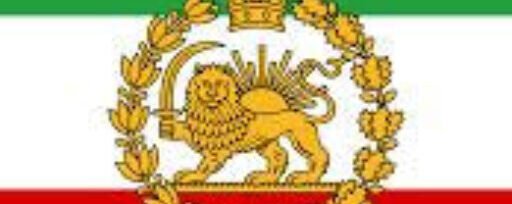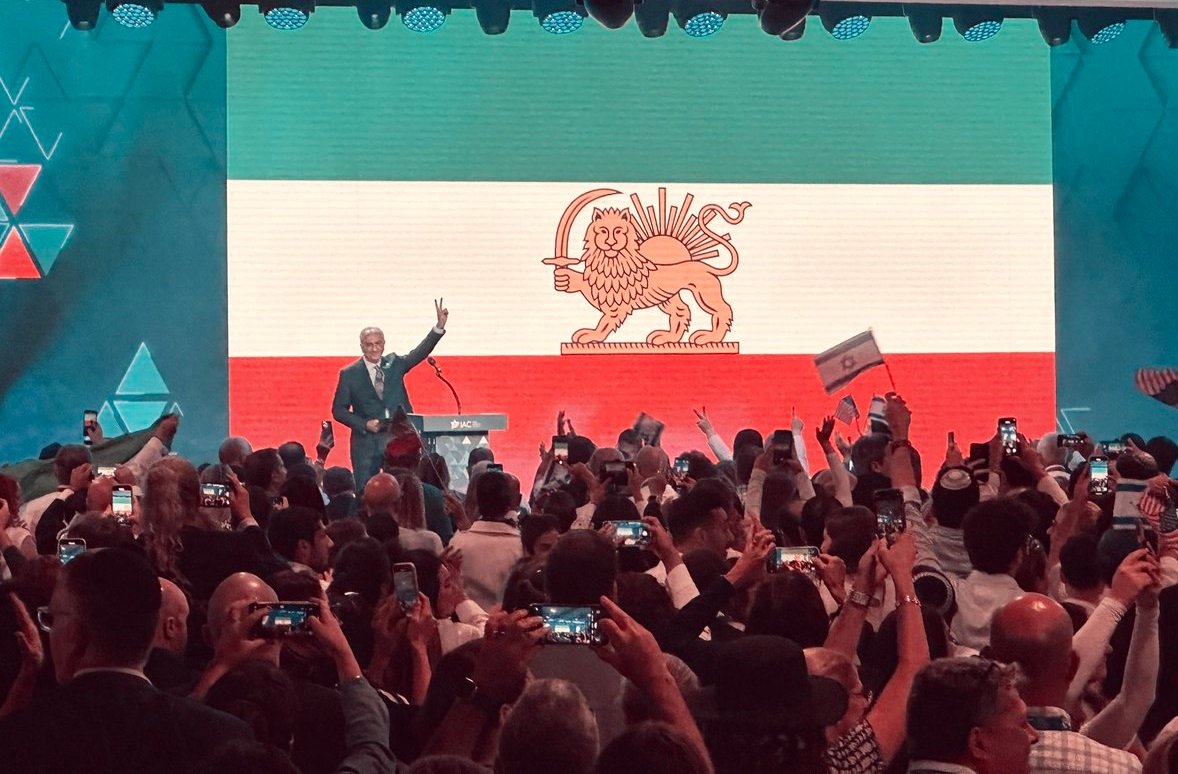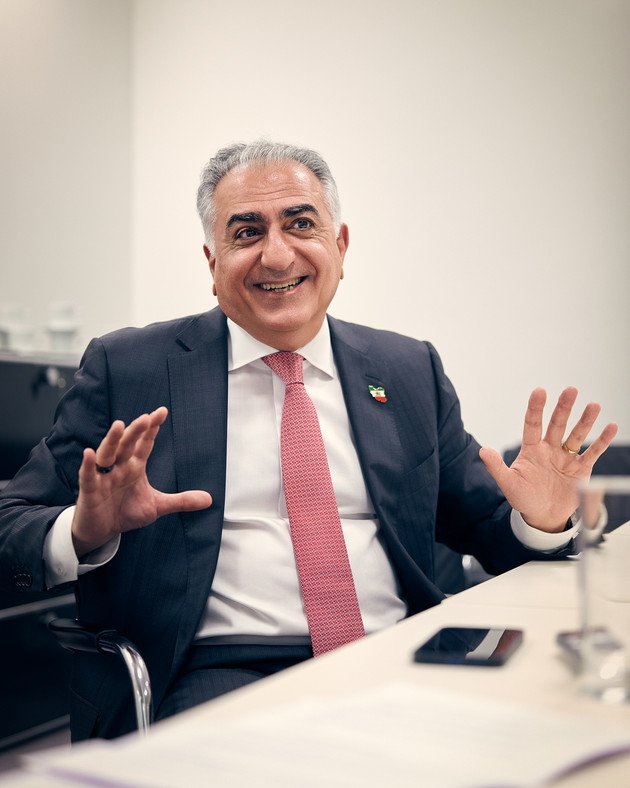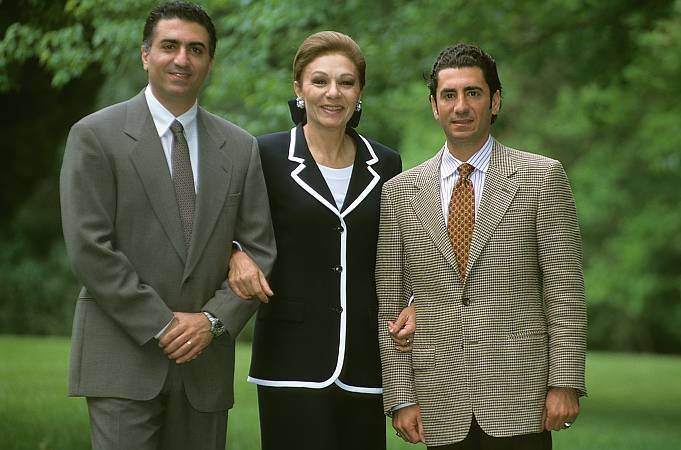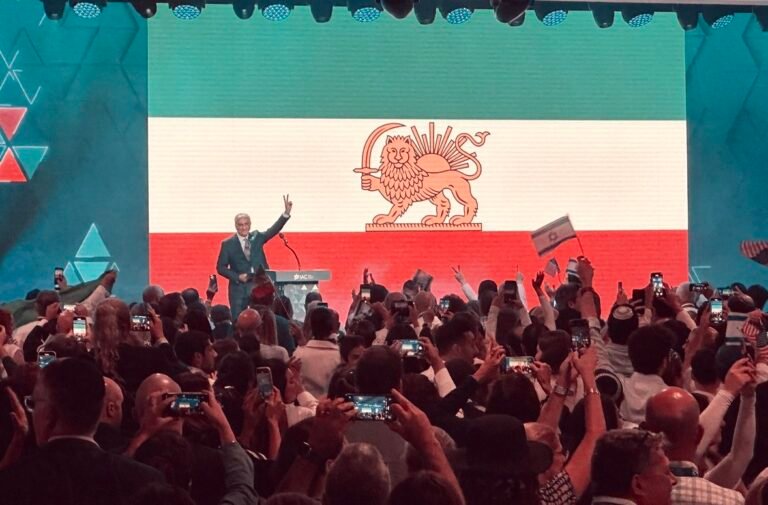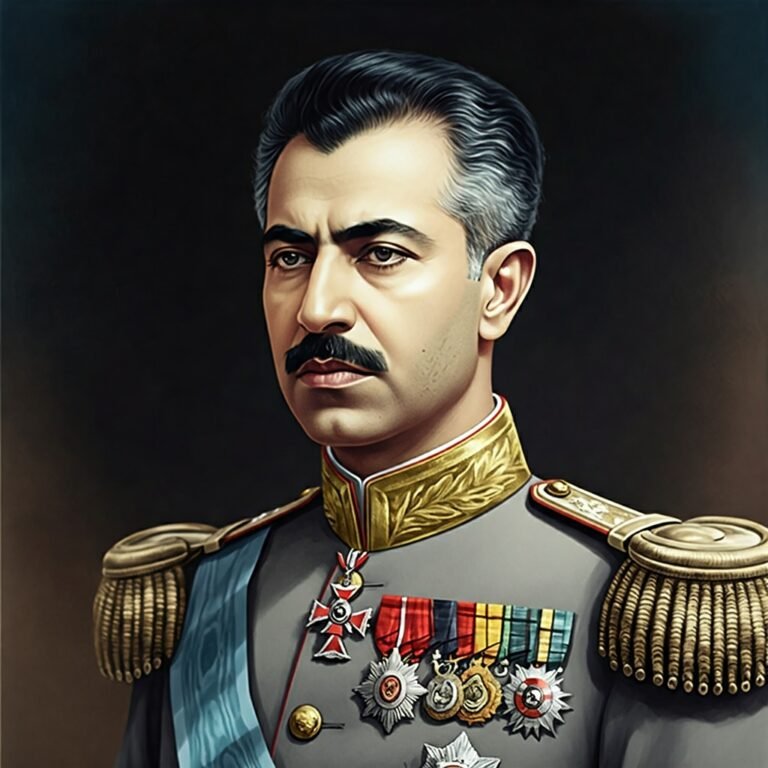Current Events in Iran: Reflection on the Pahlavi Legacy
Recent Developments in Iran’s Political Landscape
In recent months, Iran has witnessed significant political developments that reflect the complex interplay of historical and contemporary factors shaping its governance. The political climate has been characterized by heightened public unrest, protests against the ruling regime, and shifts in leadership, all of which echo the legacy of the Pahlavi dynasty, especially during the reign of King Reza Pahlavi. The Pahlavi era was marked by ambitious modernization efforts, which continue to influence the aspirations of many Iranians today.
One notable event was the nationwide protests ignited by the controversial circumstances surrounding the death of Mahsa Amini in September 2022. These protests have evolved into a broader movement questioning the validity of the current regime and its adherence to fundamental rights. Activists, reminiscent of the voices that emerged during the Pahlavi period, demand reforms that align more closely with a democratic framework and civil liberties. Public sentiment appears to reflect a desire for accountability and transparency, echoing the frustrations expressed during the Shah’s rule when citizens sought a voice in governance.
The political landscape has also seen notable shifts in leadership amid ongoing tensions between the government and the populace. This includes dismissals of key officials and appointments that have sparked discussions about the direction of Iranian politics. The Iranian government’s response to these challenges, often characterized by crackdowns, has led to further polarization within society. The policies enacted during the Pahlavi dynasty that aimed at centralizing power are mirrored in some of the current administration’s approaches, reinforcing public resistance against perceived authoritarianism.
As political dynamics continue to evolve, it is evident that the historical context of the Pahlavi legacy plays a crucial role in shaping public discourse and action. The need for political reform and a reexamination of governance structures remains a pressing concern, aligning past aspirations with present struggles.
Legacy of King Reza Pahlavi in Contemporary Society
The legacy of King Reza Pahlavi remains a pivotal part of contemporary Iranian society, influencing various aspects of national identity and political discourse. King Reza Pahlavi, who ruled from 1925 until his abdication in 1941, implemented significant reforms aimed at modernizing Iran. His governance introduced a variety of initiatives in education, infrastructure, and women’s rights, transforming Iran from a largely agrarian society into a more industrialized nation. These changes laid the foundation for the country’s development and continue to resonate in today’s dialogue surrounding governance and societal progress.
In the context of modern Iran, citizens often reflect on King Reza Pahlavi’s vision as a benchmark against which current leadership can be evaluated. As contemporary opposition movements rally for reform, they frequently invoke the historical narrative of Pahlavi’s reign, highlighting both its accomplishments and shortcomings. This discourse not only connects the past to the present but also shapes public perceptions of what a reformed Iran might look like. Supporters of the Pahlavi legacy argue that his secular and modernization efforts could serve as a model for future governance, contrasting sharply with the existing regime’s adherence to strict religious ideologies.
The ongoing discussions regarding national identity are intricately linked to the memory of King Reza Pahlavi. Many Iranians view his era as a time of dignity and progress, creating a sense of nostalgia that influences their aspirations for a better future. This complex relationship with history influences political activism, wherein the Pahlavi legacy is leveraged both as a symbol of national pride and as a means to critique current leadership. The implications for future governance in Iran are profound, as calls for reform intensify, advocating for a return to the secular and modernization principles championed by Pahlavi. The legacy of this historical figure continues to play a crucial role in shaping the trajectory of Iran’s national identity and political landscape.
